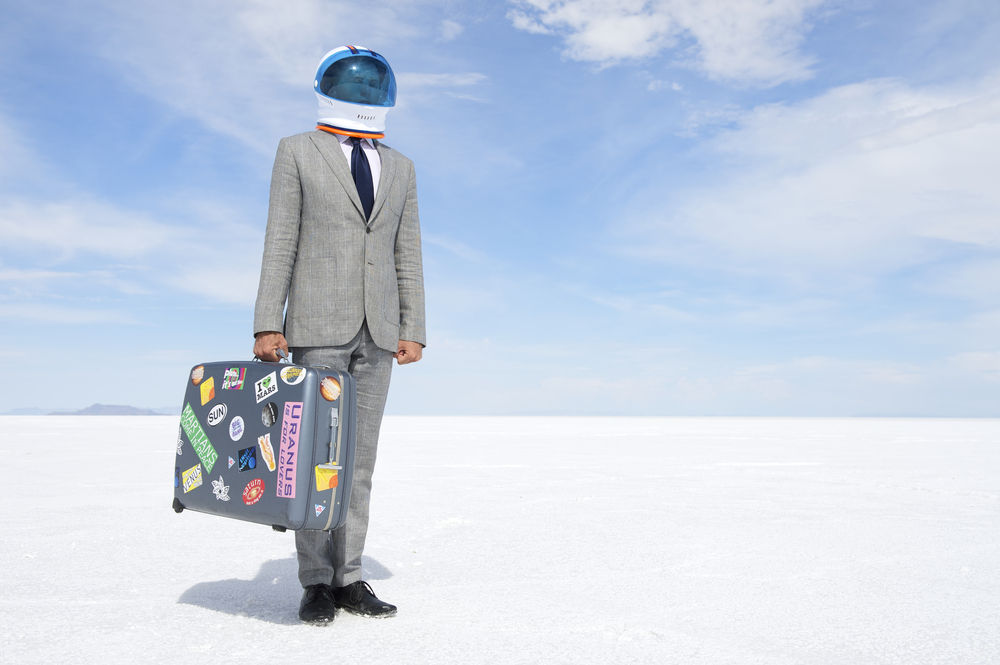The Pioneering Spirit of Space Tourism: A New Frontier in Travel & Transportation
Imagine soaring beyond the confines of Earth, gazing at the world from a unique vantage point, and being one of the few to experience the mesmerizing beauty of outer space. This is no longer the exclusive domain of astronauts - space tourism is on the rise, offering ordinary individuals the extraordinary opportunity to venture into the cosmos.

The Dawn of a New Era: A Brief History of Space Tourism
Space tourism, while a relatively recent phenomenon, has roots dating back to the earliest days of space exploration. The first inklings of space tourism emerged in the late 1960s, when Pan American World Airways began accepting reservations for commercial flights to the moon, despite the technology being decades away. The first real space tourist, Dennis Tito, would not make his journey until 2001, but his trip ignited a spark that has since grown into a burgeoning industry.
Charting the Cosmos: The Current Landscape of Space Tourism
The present-day state of space tourism is marked by significant advancements and increased interest. Several private companies, including SpaceX, Blue Origin, and Virgin Galactic, are developing spacecrafts capable of transporting tourists to space. With ticket prices currently in the hundreds of thousands of dollars, space tourism remains a luxury few can afford, but costs are predicted to decrease as technology improves and the industry matures.
The Sky is Not the Limit: Advantages and Challenges of Space Tourism
Space tourism presents a unique opportunity for humans to experience something truly out of this world. It offers the thrill of adventure, the chance to see Earth from a new perspective, and the potential for scientific discovery. However, it also poses significant challenges. The cost and risks associated with space travel are substantial, and there are environmental concerns to consider, such as the carbon footprint of rocket launches.
The Gravity of the Situation: Impact on Travelers
The impact of space tourism on travelers is profound. Aside from the physical effects of space travel, such as experiencing weightlessness, there are also psychological impacts. Many astronauts report experiencing the “overview effect,” a cognitive shift in awareness and sense of interconnectedness resulting from viewing Earth from space. This experience could have a transformative effect on space tourists.
Stellar Insights: Practical Aspects of Space Tourism
- Training is a prerequisite: Future space tourists will undergo rigorous training to prepare them for the physical demands of space travel and to ensure they can respond to emergencies.
- Health requirements: Due to the physical strain of space travel, potential tourists must be in good health. Medical evaluations are part of the process.
- Duration of trips: Current space tourism offerings range from brief suborbital flights lasting a few minutes to multi-day orbital stays.
- Booking a trip to space: Companies like SpaceX and Virgin Galactic allow interested parties to reserve a seat on future spaceflights.
The Final Frontier
Space tourism is more than just a lofty dream; it’s the future of travel and transportation. It presents an exciting new frontier for adventurous travelers, despite the significant challenges it currently poses. As technology advances and the industry evolves, space tourism will likely become more accessible, shaping the way we perceive travel and our place in the universe.




